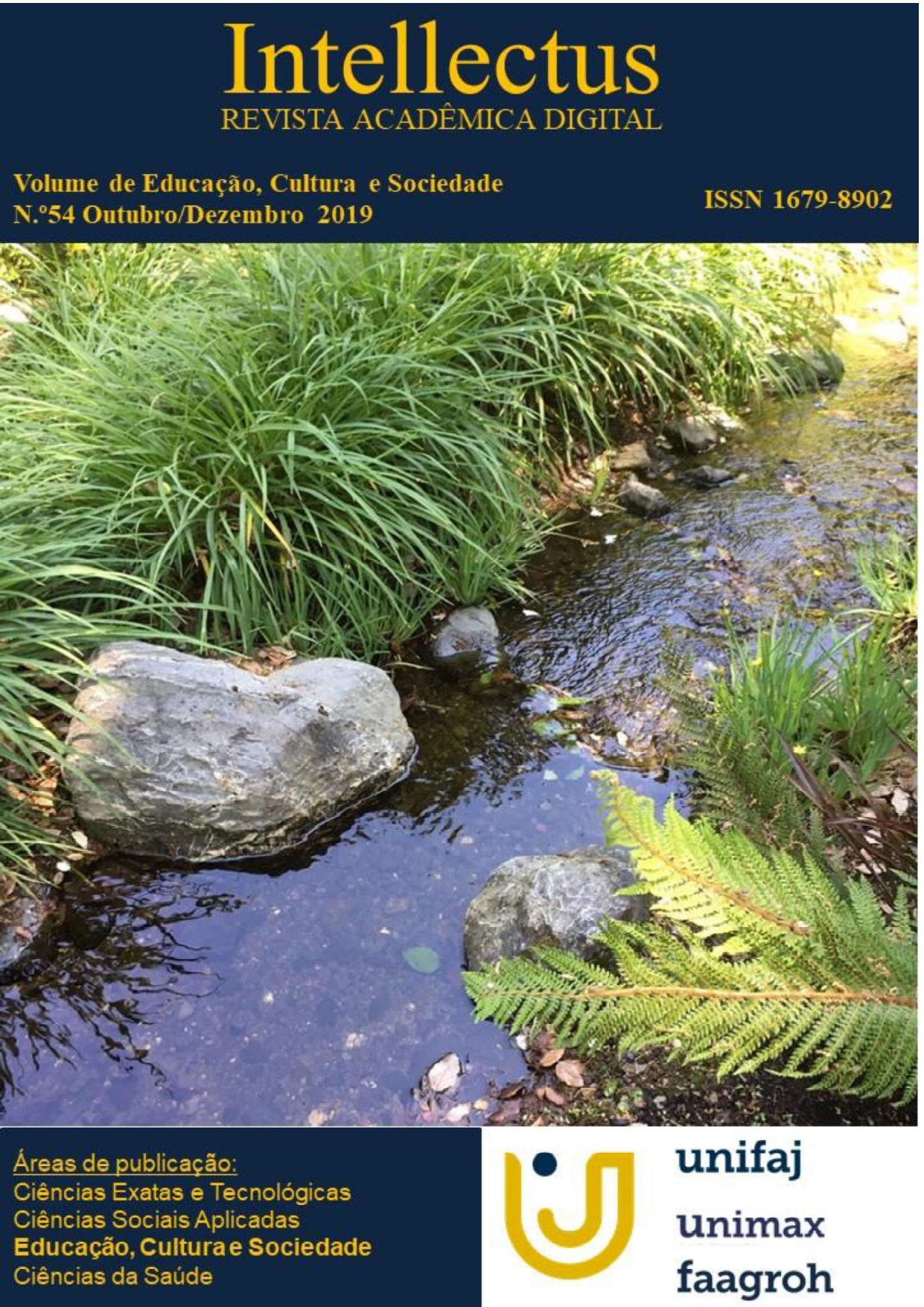ESCOLA SEM PARTIDO OU ESCOLA PARTIDA?
Palavras-chave:
Escola sem Partido, Educação, CensuraResumo
O projeto Escola sem Partido deve ser compreendido dentro de um contexto mais amplo, de crise internacional do sistema capitalista, em sua fase neoliberal, de incapacidade de resolução dos imensos problemas causados pela sua própria dinâmica produtora de desigualdades sociais e educacionais. No Brasil, esse processo foi acelerado a partir dos anos 1990, iniciado sob governo Collor e consolidado durante os governos de Fernando Henrique Cardoso, tendo uma desaceleração nos governos Lula e Dilma, que impulsionaram investimentos públicos em áreas sociais, melhorando as condições de vida dos setores populares. Este processo gerou reações dos setores conservadores, provocando a derrubada do governo Dilma e a prisão de Lula, além de medidas políticas e institucionais de desmonte de políticas e investimentos sociais. O projeto Escola Sem Partido foi criado nesse contexto, defendendo uma postura de “neutralidade” dos professores, que, supostamente, estariam doutrinando os alunos, além de delimitarem os conteúdos que a escola deveria desenvolver, em contraste com aqueles que seriam exclusivos da família. Este artigo busca compreender, a partir da investigação das ações e discursos de seus proponentes e a partir da literatura crítica ao projeto, os fundamentos do Escola sem Partido, seus marcos legais e quem são os indivíduos e grupos transformados em alvos de suas proposições.



